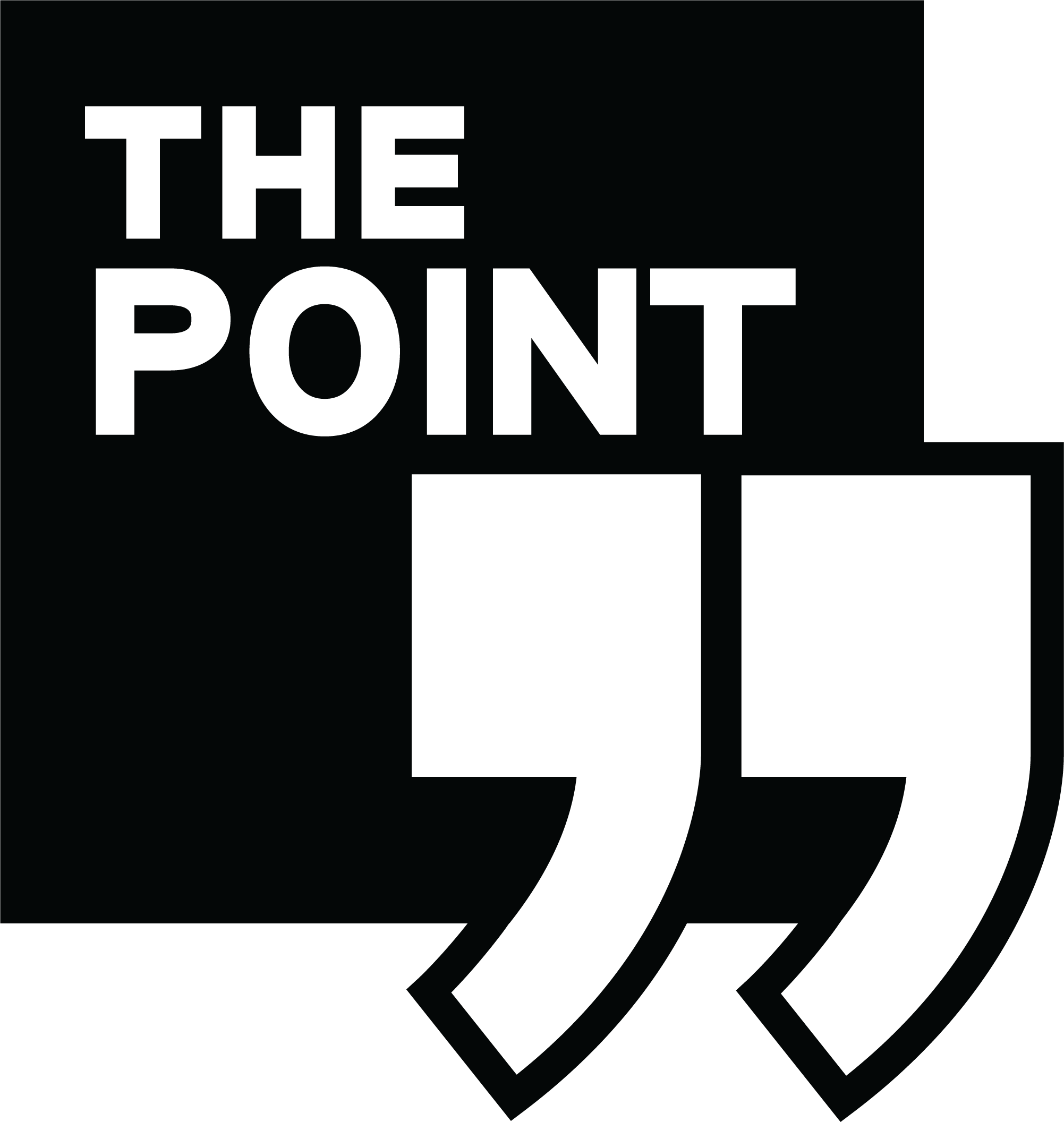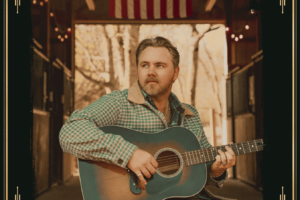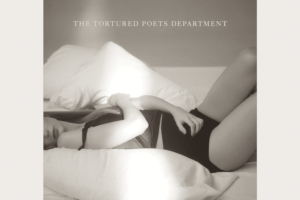Thug Life: “The Hate U Give Little Infants F***s Everybody.” This is a phrase coined by late rapper and Hip Hop legend Tupac Shakur who was the leader of a Hip Hop group called Thug Life. It’s also what inspired the title and some of the ideas behind the new movie “The Hate U Give.”
The film, directed by George Tillman Jr. and based on Angie Thomas’ novel of the same name, centers on a young Black girl named Starr Carter (played by Amandla Stenberg). The story follows Starr as she navigates her home life, set in a predominantly Black and crime-ridden neighborhood called Garden Heights, as well as her school life, a majority-white, private high school called Williamson.
A major theme that is explored throughout the film is the idea of code-switching, the act of altering how you speak, act and present yourself based on the environment you are in. It’s something that Starr has to deal with every single day as she alternates between the person she really is at home and the person she has to pretend to be at school.
Starr’s two worlds collide, however, when her childhood friend, Khalil, gets pulled over while she is in the car. Though he is unarmed, Khalil gets shot and killed by the White police officer, and Starr witnesses the entire thing. The officer in question doesn’t end up getting indicted for the murder, inciting protests, riots and a whirlwind of events that forces Starr to come face to face with the realities of her oppression.
Sadly, this is a narrative that is all too familiar to the Black community, a people that have experienced racism and police brutality for over a century. The “Justice for Khalil” signs in the film could easily be replaced with “Justice for Emmet Till” or “Justice for Trayvon Martin” or “Justice for Sandra Bland,” all real cases of innocent Black people that were killed by their oppressors.
This film also highlights issues such as gang violence, redlining, mass incarceration, microaggression and more, all byproducts and weapons of the systems which continue to keep Black people and people of color at the margins.
I was able to relate to this movie in a way that is almost unexplainable. As a young Black woman who grew up in the U.S., and now goes to a predominantly white university, code-switching has become engrained into my everyday life. I have heard and experienced so many racial slurs, including on campus, that I have a running mental list of people to stay away from, for fear of being discriminated against…again. Microaggressions, including the classic “you’re pretty for a Black girl” or the subtle references to “you people,” are constant reminders of how frighteningly embedded into our language this ignorance is.
The opening scene of the film, where Starr’s dad is giving she and her siblings “the talk” about how to act, what to say and what to do when being pulled over by a cop, reminds me of a very similar talk I had to have with my older brother, making sure he knew that his life wasn’t worth standing up to an unfair police officer. Not to mention the alarming speed at which my own heart instantly starts beating every time I even see a cop while driving, my survival instincts kicking in at the mere thought of what a routine traffic stop could mean for me.
Thug Life: “The Hate U Give Little Infants F***s Everybody,” meaning what society feeds to kids and the youth grows into an uncontrollable force that affects everybody. The hate that exists today is a product of hate. It is a vicious cycle that will continue to destroy lives until we, as a nation and as a world, decide to break it.









Add Comment